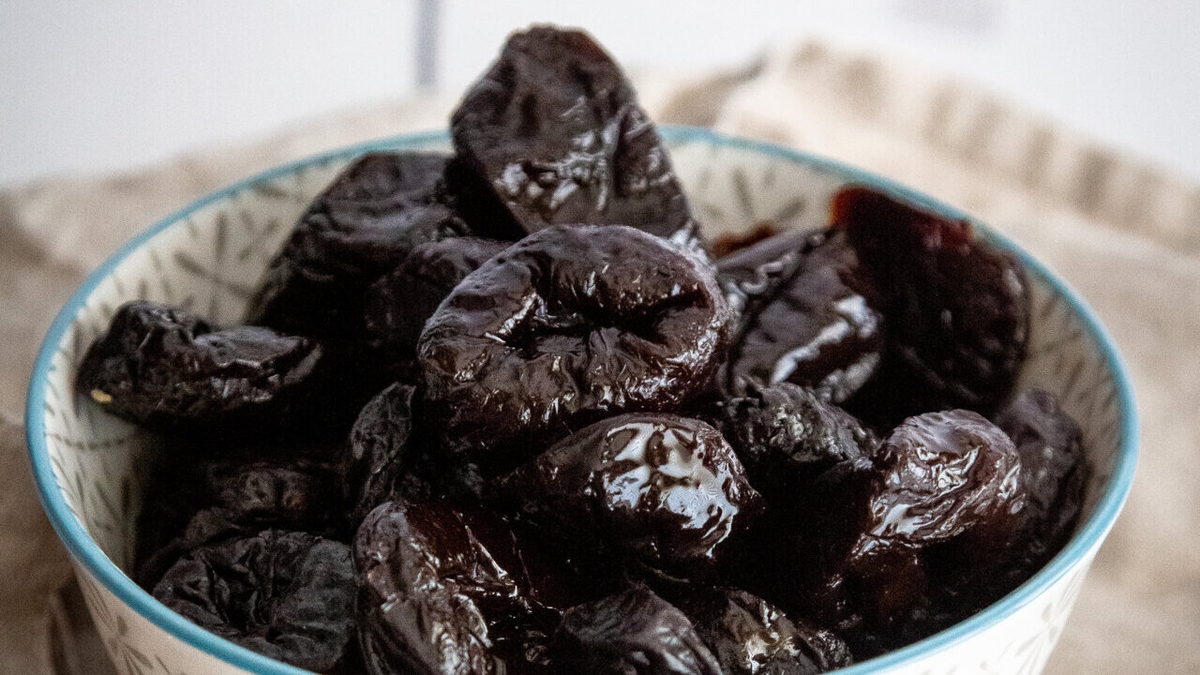
A recent study published in The Journal of Nutrition has shed light on the potential health benefits of including prunes in the daily diet, particularly for postmenopausal women. The research suggests that the daily consumption of prunes may significantly reduce inflammation markers connected to bone signaling pathways and mitigate the effects of bone loss among postmenopausal women.
The PRUNE Study
This research is based on an ancillary study of a larger, single-centre, parallel-arm, 12-month randomized control trial known as the PRUNE study. The study involved 183 participants, who were split into three groups: control/no prunes, 50 grams/day prunes, and 100 grams/day prunes. All the participants consumed more than 90% of their prescribed treatment and received a daily dose of calcium and vitamin D3.
The PRUNE study aimed to explore the immune, inflammatory, and oxidative stress markers related to the bone-protective effects of prunes in postmenopausal women. The findings of the study showed significant reductions in inflammatory cytokines and activated monocytes, which are immune cells that drive chronic inflammation when 50-100g of prunes are included in the daily diet.
Prunes: A Nutrient-Dense Superfood
Prunes, often labeled as a nutrient-dense superfood, provide more than 20 different vitamins, minerals, and plant compounds to the diet. The significant reductions in inflammatory markers and activated monocytes are attributed to the bioactive compounds found in prunes, including vitamins, minerals, phenolic acids, and polyphenols. These compounds are known for their antioxidant properties and potential health benefits.
Prunes and Bone Health
The study also found a correlation between the daily consumption of prunes and hip bone integrity. Postmenopausal women who did not consume prunes lost 1.5% of their hip bone density compared to women who included 5-6 prunes in their daily diet. This connection between prunes and bone health adds to the growing body of research investigating the role of ‘food as medicine’.
Implications of the Study
The findings of the PRUNE study underscore the potential of non-pharmacological approaches, such as diet and lifestyle choices, to impact the progression and mitigation of bone loss. The study, therefore, provides valuable insights into the potential health benefits of consuming California Prunes as a dietary tool to promote health and lower chronic disease risk. This research has significant practical importance given the prevalence of bone loss among postmenopausal women.
In conclusion, the study emphasizes the importance of considering ‘food as medicine’ and the role of diet in managing and mitigating health risks. As we continue to explore the potential health benefits of various foods, the humble prune has emerged as a potential ally in the fight against inflammation and bone loss in postmenopausal women.
